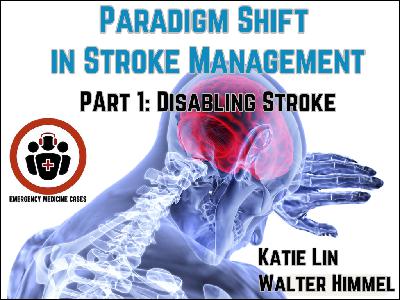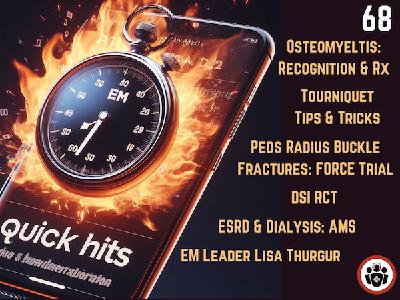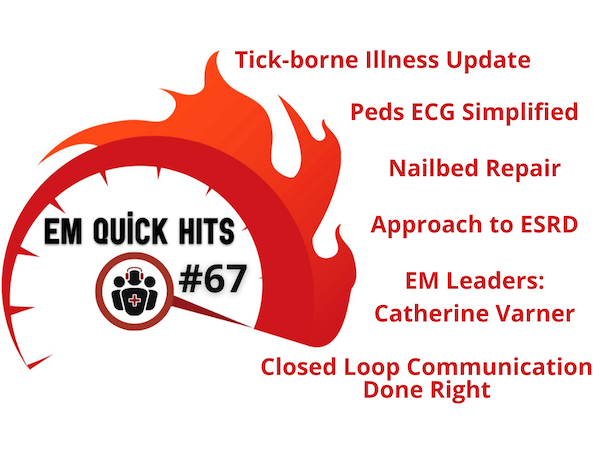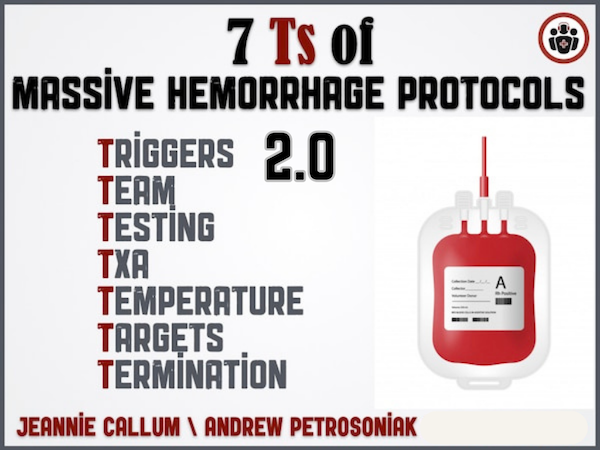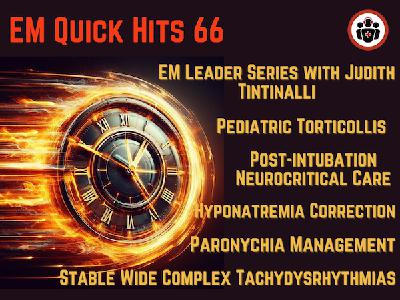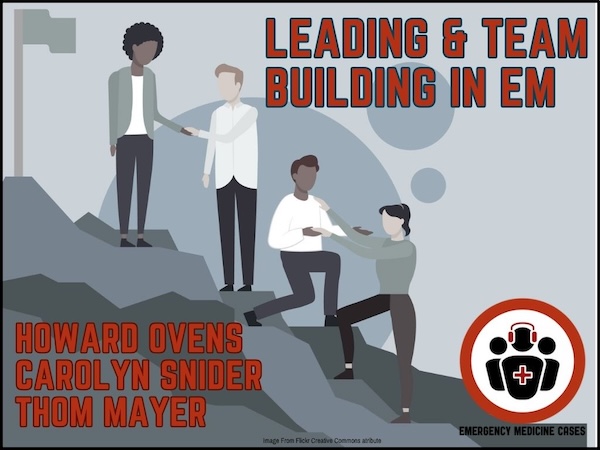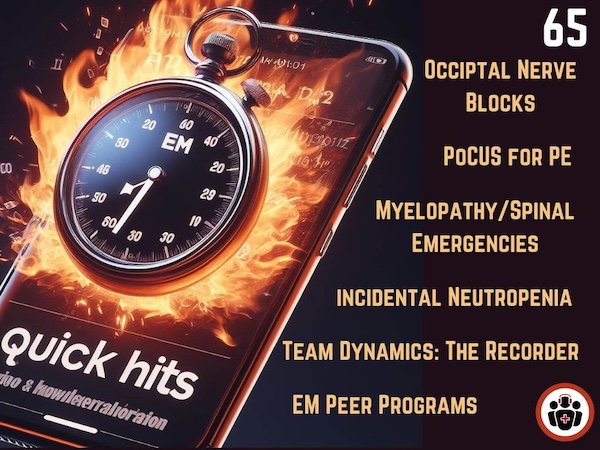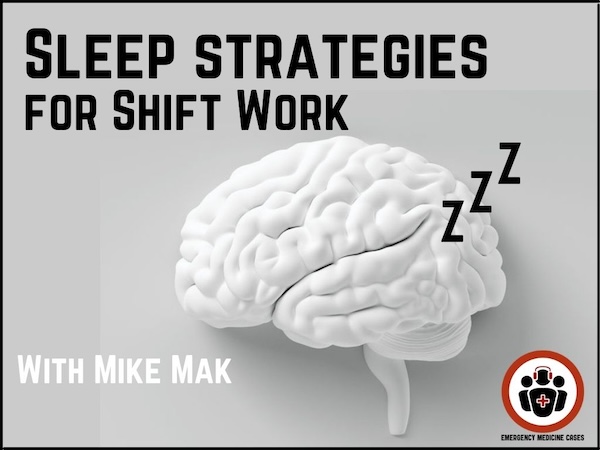
Ep 207 Sleep Strategies for Shift Work
Update: 2025-09-16
Share
Description
Discover evidence-based sleep strategies for shift workers. Optimize performance, recovery, and health with tips from sleep expert Dr. Michael Mak... If you find this beneficial please consider a donation to support EM Cases: https://emergencymedicinecases.com/donation/
Comments
In Channel
 United States
United States

